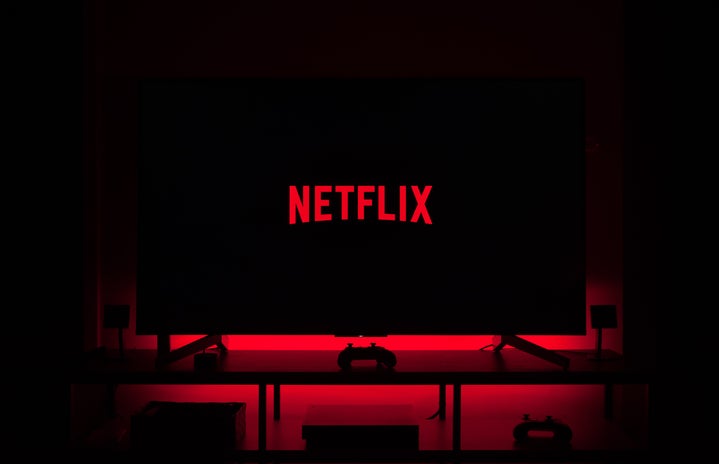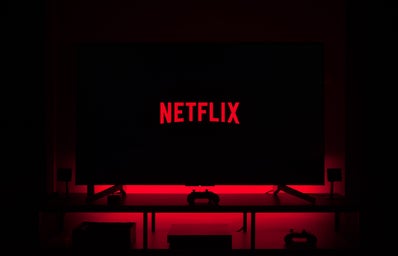Social media and news outlets have been abuzz following the premiere of comedian Dave Chappelle’s new Netflix show, The Closer. In this stand-up comedy show that will mark the last of his six collaborations with Netflix, Chappelle makes several jokes that have been condemned as homophobic and transphobic by both the LGBTQ+ community and the general public.
One of his most controversial remarks was about the rapper DaBaby, who was “cancelled” by fans and other celebrities after labelling HIV/AIDS as one of those “deadly sexually transmitted diseases that’ll make you die in two to three weeks.” In his show, Chappelle laughs at the “irony” of DaBaby getting cancelled for his homophobic comments but not for his involvement in a fight that resulted in a fatal shooting. He states that in America, you can shoot and kill people, but “you better not hurt a gay person’s feelings.”
This comment, along with his defense of J.K. Rowling, sparked huge controversy. Rowling was also previously “cancelled” by fans for a tweet in which she asserted that biological sex is fixed and immutable, which many felt invalidated trans people’s rights and existence. Chappelle defends Rowling on his show, agreeing with Rowling’s ideas and implying that the trans community overreacted for unwarranted reasons.
Thus, it came as no surprise that Chappelle and his show were “cancelled” by many viewers. Chapelle himself was unfazed by the criticism and even expressed delight and pride at the idea of “being cancelled.” Such behavior is unsurprising for a high-profile celebrity who has already been paid millions for his comedy specials. Chappelle, like many other cancelled celebrities who have come before him, will likely be unaffected by the controversy in the long run. However, it’s interesting to note how the public has been quick to criticize Chappelle and less vocal about condemning Netflix itself. Ted Sarandos, the CEO of Netflix, recently sent a memo to his staff in which he emphasized Chappelle’s status and popularity, defended the idea of “creative freedom,” and maintained that The Closer does not “cross that line… which incite[s] hate or violence.”
As most of us are regular Netflix users, it’s difficult to completely remove ourselves from a corporation that is complicit, even liable, for the dissemination of media containing hate speech. It’s easy to condemn Chappelle as an individual for his comments, but much more difficult to act against a media giant that houses many of our favorite TV shows and movies. But it is imperative that we at least consider the implications of Netflix’s involvement in this controversy. A Netflix employee was suspended following her tweet deploring The Closer’s perpetuation of homophobia and transphobia. While Netflix asserted that the staffer was suspended for other reasons, the timing of her suspension seems to be more than just a coincidence. Thus, the way that Netflix has been responding to criticism of the show is just as, if not more significant, than Chappelle’s response. As a huge conglomerate, Netflix has the power to own up to their problematic actions, which would set a precedent for holding other corporations accountable as well. But by denying the harm it has done to the LGBTQ+ and trans community while suppressing the voices of those criticizing the show, Netflix is reversing the recent push toward greater corporate accountability.
“Cancelling” Netflix does not have to mean boycotting the company altogether. But with the attention on Chappelle and only his actions, there seems to be a lack of effort centered on holding Netflix accountable. This raises the question of whether corporations can even be cancelled due to their massive influence and popularity. While “cancelling” a corporation very much seems like an impossible feat, there is still potential to hold corporations like Netflix accountable by mobilizing and vocalizing our complaints as a collective of viewers. Without its viewers, Netflix is nothing — which is why viewers must rise up to condemn the company for its recent actions and prevent such behavior from occurring in the future.

